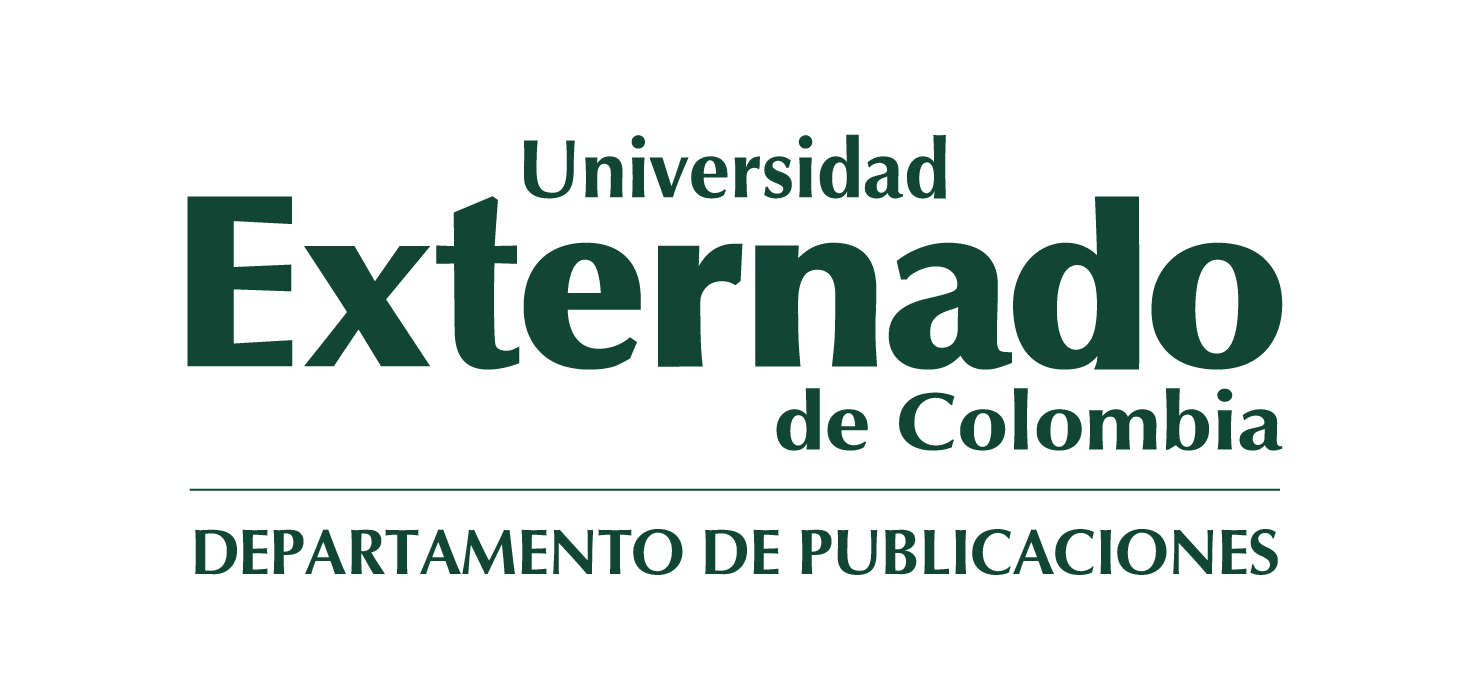The main objective of the book that is now being presented to the academic community is to contribute to the analysis and discussion that must be carried out on a transcendental issue for the Colombian legal world, as it addresses a foundational element of our legal-political organization, such as the character of Social state that our constitution enshrines throughout its text, and what it uses as a defining principle in article 1. The Department of Constitutional Law of the Externado de Colombia University made a bet that did not seem easy, but that we considered was the only appropriate way to address this issue: evaluate and value the development and real realization that in specific situations or with respect to groups specific reasons some of the ESC rights have had, recognized in our constitutional order, after almost 30 years since the 1991 Constitution came into effect. I bet that, expressed in this way, it deserves some explanation.
With the aim of making an approach that was useful and practical, as long as it offered the evaluation of factual situations or conditions of groups or communities settled in the territory - as opposed to the simple analysis of sentences, or normative bodies -, the volume that is now presents collect different collaborations that revolve around the transcendental issue of the presence of the State in the territory. Transcendental, then, as evidenced by the figures, it is in rural areas where there are higher levels of needs related to respect and protection but, above all, the realization of ESC rights.
SEGURIDAD TERRITORIAL EN EL POSCONFLICTO
CAPÍTULO PRIMERO La Fuerza Pública como garante de la implementación del Acuerdo de Paz Édgar Solano Conzález
CAPÍTULO SEGUNDO Radiografía del cumplimiento de las sentencias de la Corte Interamericana de Derechos Humanos en los casos relacionados con el conflicto armado colombiano Paula Robledo Silva
HACIA LA IMPLEMENTACIÓN DE UNA REFORMA RURAL INTEGRAL
CAPÍTULO TERCERO Programas de desarrollo con enfoque territorial (PDET): un nuevo reto para las entidades territoriales que han vivido con mayor intensidad el conflicto colombiano Johann Dilak Julio Estrada Floralba Padrón Pardo Carolina Rico Marulanda
CAPÍTULO CUARTO PISDA Como herramienta de construcción de Estado y de flexibilización de la democracia en el territorio María Camila Camargo Moncayo María Alejandra Osorio Alvis
POSCONFLICTO y GRUPOS POBLACIONALES
CAPÍTULO QUINTO La paradoja del Estado "ausente": estudio de caso sobre la relación víctimas LGBT del conflicto armado-Estado en Tumaco, Nariño Lucía Baca María Daniela Díaz Villamil Mariana García Jimeno
eBook
Impreso
-

-
Magdalena Correa Henao
-
Abogada, magíster en Administración y Gestión Pública, doctora en Derecho y experta en Derecho Constitucional. Asesora jurídica para temas constitucionales de entidades del Estado y organizaciones del tercer sector. Directora del Departamento de Derecho Constitucional de la Universidad Externado de Colombia. Miembro del Grupo Interdisciplinario de Expertos Independientes (GIEI-Bolivia) de la Comisión Interamericana de Derechos Humanos (CIDH). Sus principales líneas de investigación son las siguientes: derechos fundamentales y derecho internacional de los derechos humanos, justicia constitucional, justicia transicional, desarrollos y reformas constitucionales.
-
-

-
Alfonso Palacios Torres
-
Abogado egresado de la Universidad Externado de Colombia y Docente Investigador de la misma institución. Especialista en Derecho Constitucional y Ciencia Política del Centro de Estudios Políticos y Constitucionales de Madrid. Doctor en Derecho Público y Filosofía Jurídica de la Universidad Autónoma de Madrid. Se desempeñó como Magistrado Auxiliar de la Corte Constitucional.
-
eBook
Digital: descarga y online - EPUB
Catálogo Universidad Externado:
Impreso
Catálogo Universidad Externado:



